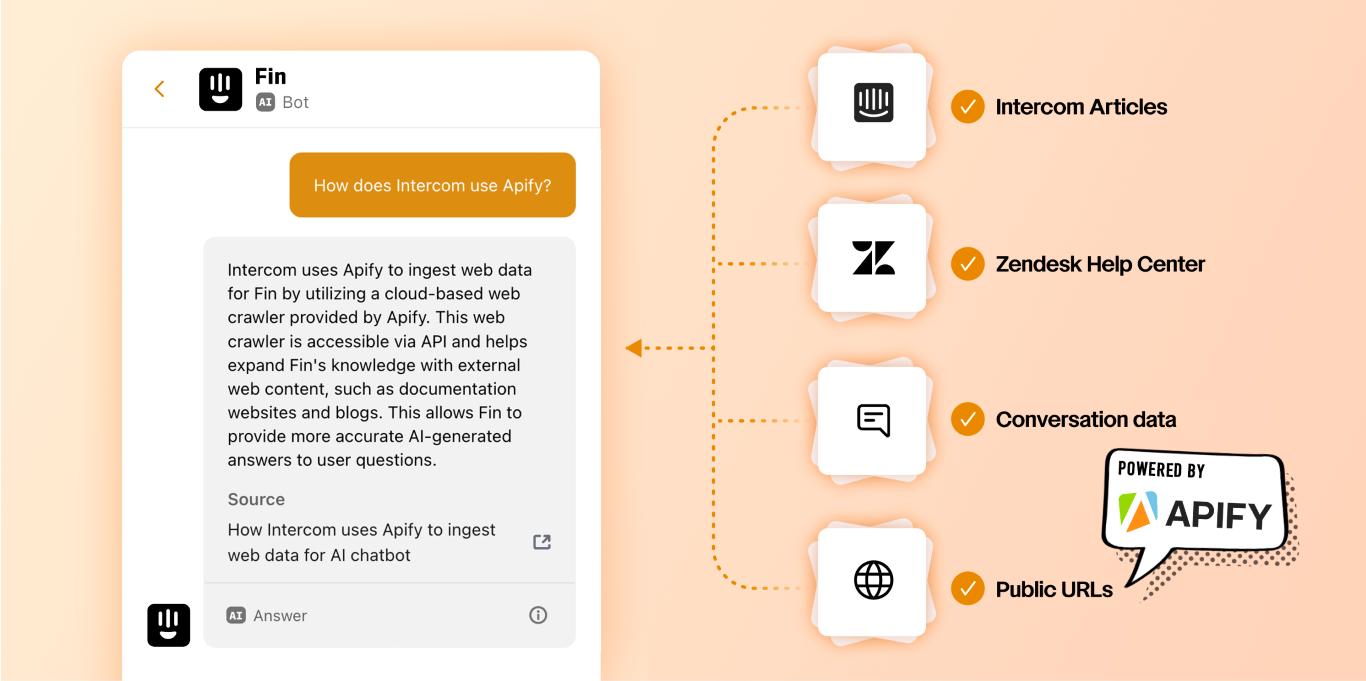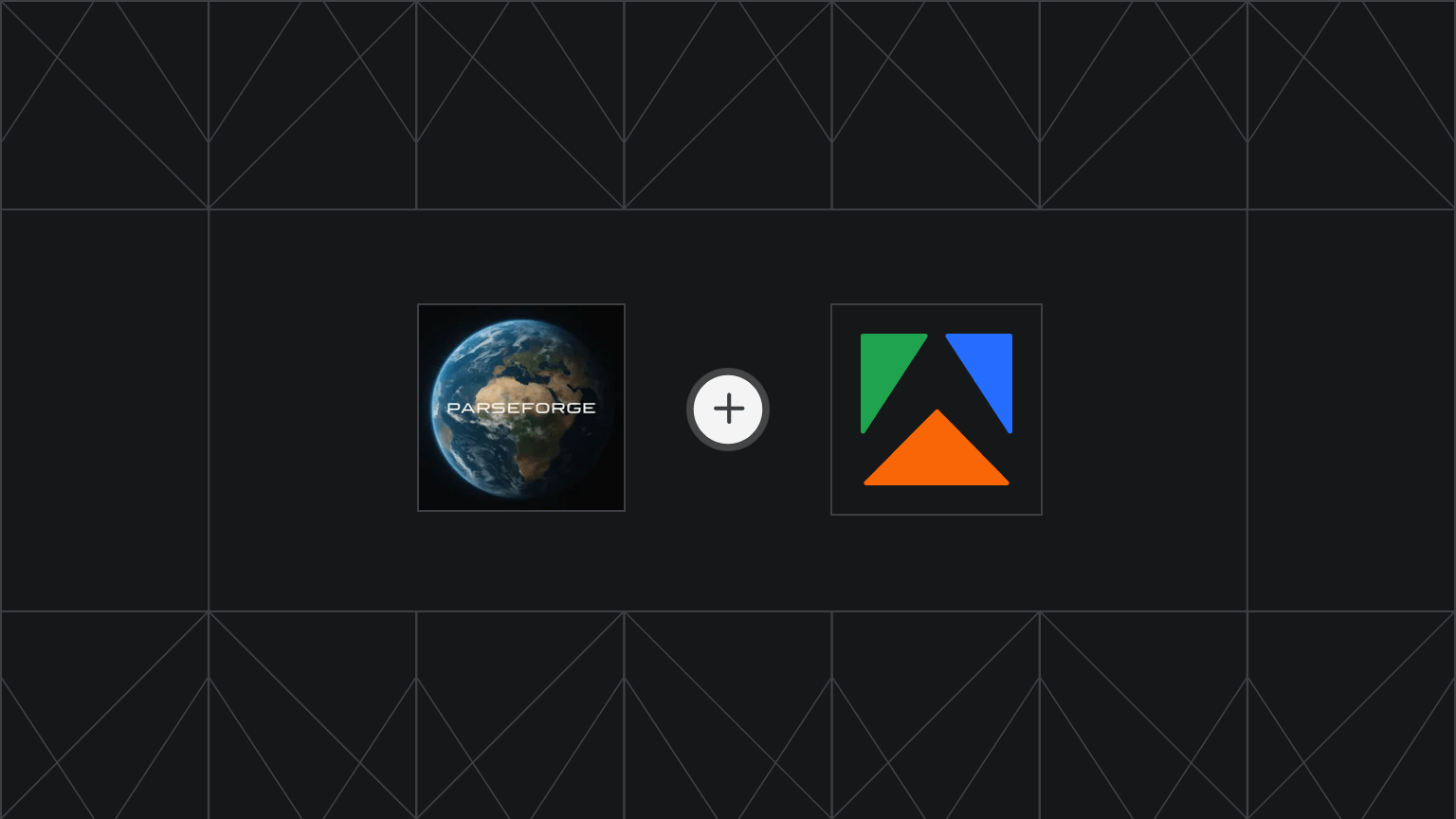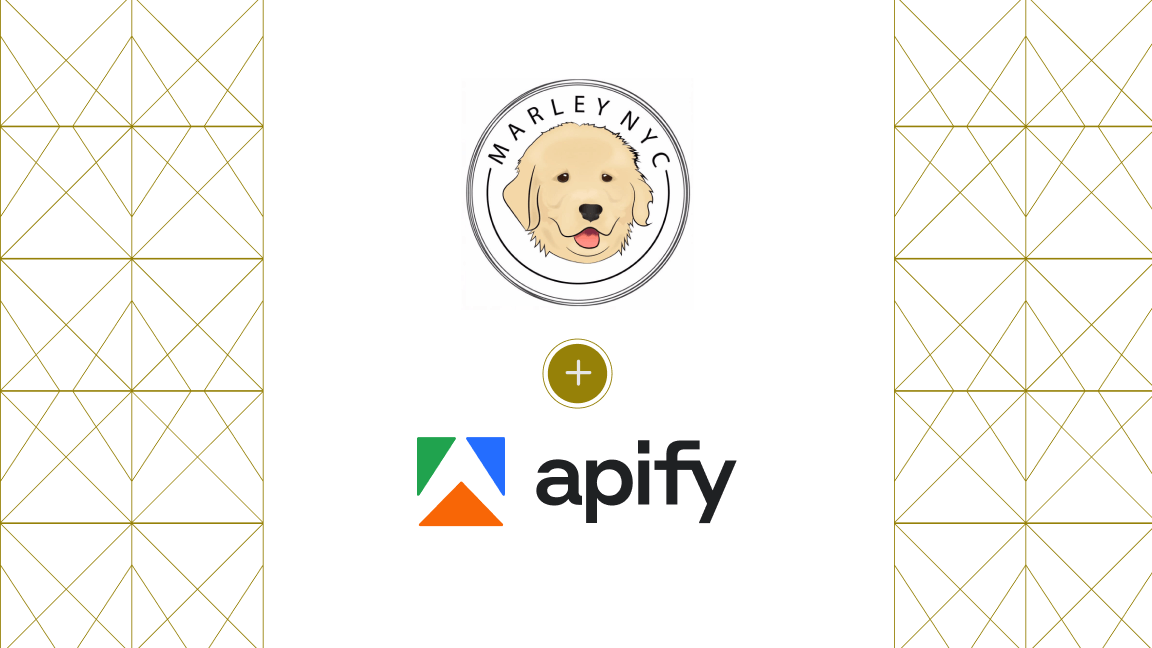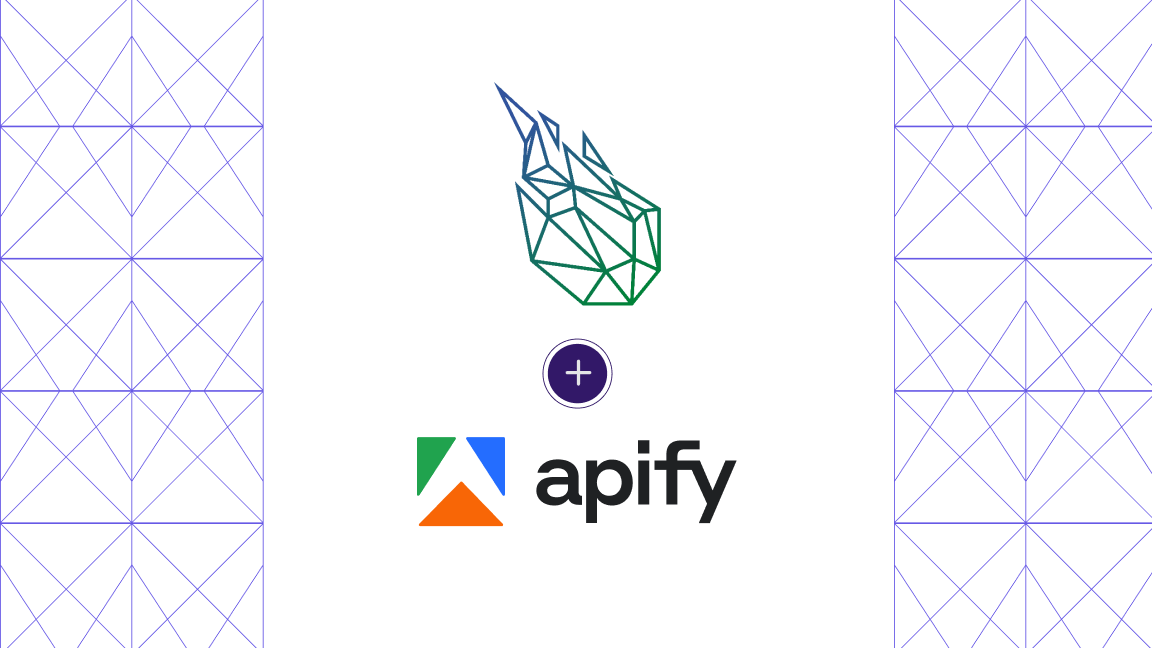
Customer service and support is a major area where generative AI and large language models (LLMs) in particular are starting to unlock huge amounts of customer value. Compared to previous generations of chatbots, LLM-powered chatbots provide far more accurate answers to an ever-wider range of customer queries.
Generative AI support chatbots can operate around the clock, 365 days a year, in any language. That means less customer frustration, and customer support staff can spend their time on higher-value activities, such as writing help content or solving more complex customer issues.
Even Sam Altman, the CEO of OpenAI, the company behind ChatGPT, has named customer service as the first big category that he sees being massively impacted by generative AI.
Intercom’s AI innovations in customer support
Intercom, a market leader in customer service solutions, was one of the first major companies to recognize the importance of AI in automating customer support.
With language, all you need to do is ask the right questions. Very shortly, and within the year (2023), we will see a lot of complex tooling that offer plain English UI (or any language) across not just written text, but also synthetic voice, real-time audio translation, and transcription.
-- Des Traynor, Chief Strategy Officer & Co-founder at Intercom
Intercom’s initial approach, back in mid-2022, was to extend the capabilities of their human support staff, but “ChatGPT, and text-DaVinci-003, completely blew us away in terms of quality, so we instantly started to focus on these models, rather than our internal models,” said Fergal Reid, senior director of machine learning at Intercom.
In March 2023, only four months after the launch of ChatGPT, Intercom launched a private beta of their new AI customer service bot called Fin.
🚨ChatGPT for Customer Service is Here🚨
— Des Traynor (@destraynor) March 14, 2023
Hot on the heels of the @OpenAI GPT-4 launch, you'll be ꜱʜᴏᴄᴋᴇᴅ to hear that we have a new product release built entirely on GPT-4.
This is perhaps Intercom's biggest new release in our history... pic.twitter.com/TeyfC3AndU
Initially, Fin was limited to knowledge bases hosted by Intercom Articles. However, it was clear that to provide the most accurate AI-generated answers, it would be necessary to add external data sources, like a documentation website or a blog.
Hi Jan, we aren't using chat history right now, as it's not meant to be public. We'll likely want some way to leverage it into bot answers in future though. We're working on importing externals sites like docs - great shout.
— Fergal Reid (@fergal_reid) March 14, 2023
Crawling web content to power Fin
The World Wide Web is a vast, unstructured, and constantly evolving ecosystem, and thus building stable and scalable scrapers requires expertise and continuous effort. Web scrapers need to deal with dynamic websites, infinite scrolling, blocking and proxies, performance, and efficient processing of vast amounts of data, all while respecting ground rules such as not overloading websites.
Intercom considered building a web crawler in-house but understood that developing such a system would be a defocus from working on their core products and mission. After evaluating a number of vendors, they selected Apify for a pilot integration.
To avoid reinventing the wheel, we looked for an external service to provide us with the web crawling capability. We looked at several providers both open source and paid solutions, and Apify was the most complete, reliant solution we found. It was miles ahead of everything else we reviewed.
-- Pranav Singh, Engineering Manager at Intercom
Within just a month, the Apify team provided Intercom with a production-ready cloud-based web crawler accessible via API and thus helped expand Fin’s knowledge of external web content. Intercom launched Fin to the public in May 2023.
Cancel your AI Bot launch meeting, Fin's got it covered! Just point our new AI bot at your help content and you're good to go ⚡️ Customer Service has never been so seamless.
— Intercom (@intercom) May 9, 2023
Not to be dramatic, but FIN CHANGES EVERYTHING! Want to know why?... 👉https://t.co/uXOWAteObb pic.twitter.com/QIiY95vRb0
Apify has been an awesome launch partner. Their technology and team helped us extend Fin with external knowledge from customers’ websites, and ultimately bring our new AI-powered chatbot to the market faster.
-- Brian McDonnell, Director of Engineering at Intercom
Big wins for companies from AI-powered customer support
Not so coincidentally, Apify is already using Intercom with Fin. Setting up Fin is just a case of entering the URL of your knowledge base or documentation:
And just like that, Fin starts answering user questions:
Fin has successfully resolved 18% of all support queries since Apify turned it on, which translates into significant time savings for the support team. As the documentation improves and the LLMs get more accurate over time, the fraction of automatically solved customer inquiries will grow too.
For a very long time, we were waiting for an AI-powered chat experience to provide our customers with instant and accurate answers, and we’re glad our own technology helped Intercom make this possible.
-- Jan Curn, Apify co-founder and CEO
AI and data from web scraping will radically transform the future of customer service. Companies will be better able to understand customer behavior, tailor responses, and provide truly personalized service at scale.
While generative AI automates the work of people, it doesn’t mean that it will replace them. For example, IKEA is using AI to transform 8,500 call center employees into interior design advisers, bringing more value to customers and retaining valuable staff. Routine customer inquiries get delegated to the AI, while the human touch is reserved for higher-value interactions.
Web data is the fuel of AI
The generative AI revolution wouldn’t be possible without data extracted from the web. The more high-quality data you can feed an AI or LLM system, the better it gets. ChatGPT and all other successful LLMs were trained on enormous quantities of text content and images that were scraped from the web. LLMs learn to recognize patterns and logic in text, and then generate human-like text responses to prompts. Getting accurate data is key to providing an accurate AI and LLM system, to avoid the problem known as “garbage in, garbage out”.
Since 2015, Apify has been building a state-of-the-art platform for collecting data from the web. The company is also behind the open-source library Crawlee, the most popular web crawling library for Node.js, with almost 9,000 stars on GitHub, which powers many of its solutions.
The AI revolution of 2023 only accelerated the need for companies to extract data from the web, which in turn has grown demand for web scraping technology, and prompted Apify to introduce integrations to popular LLM toolkits such as LangChain or LlamaIndex and build many specialized Actors for AI-related use cases.
I haven't tried it, but this @apify loader looks really interesting
— Harrison Chase (@hwchase17) March 31, 2023
Can be used to set up web scrapers - or choose from their existing 1000(!!??) web scrapers - scrape the data with apify, and then ingest, load and query said data in langchain https://t.co/wsm4GPaoiK
“For Apify, the growing demand for web data to feed AI models is very exciting, and we’re happy we can help innovative companies bring their AI-based products faster to the market. Time is of the essence in the quickly evolving space,” added Jan Curn.
Learn more about Apify or email us at hello@apify.com 😊






